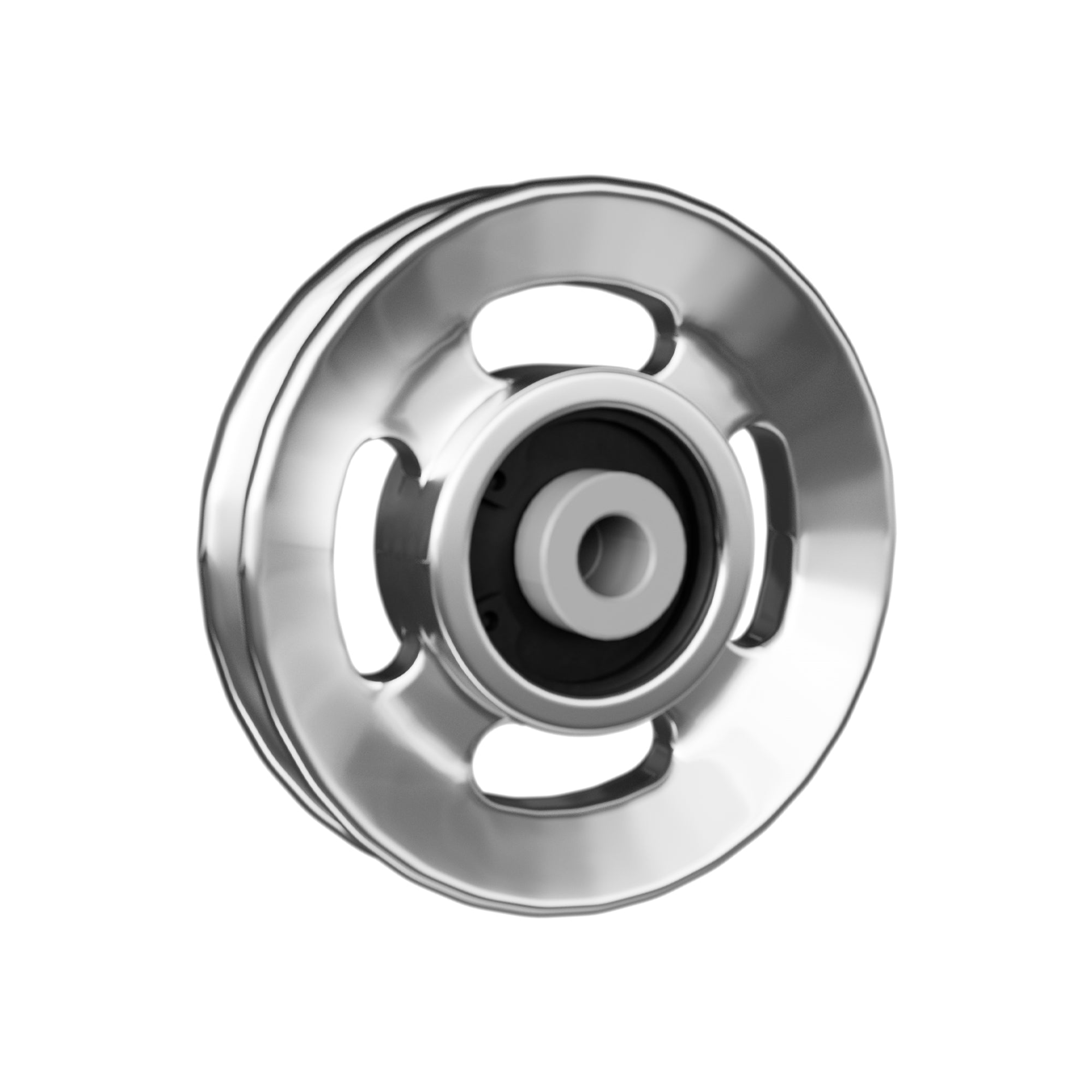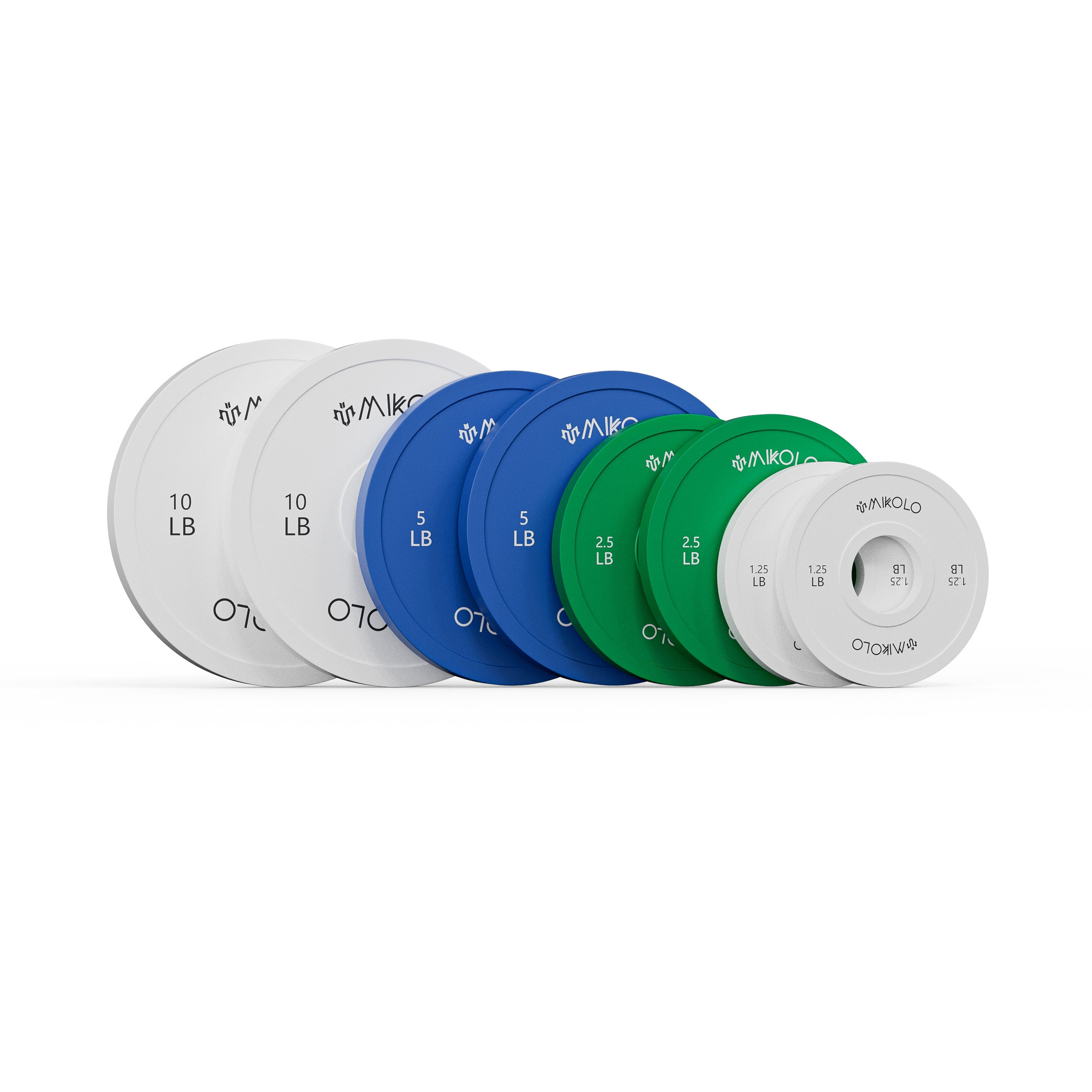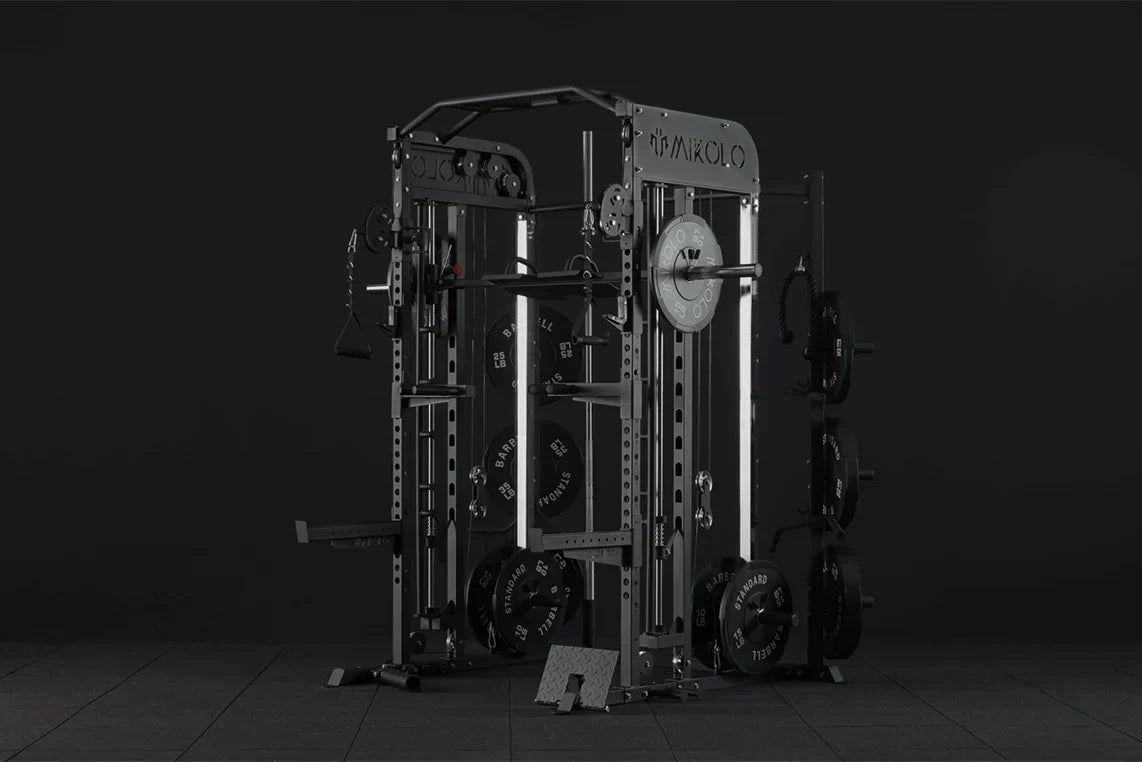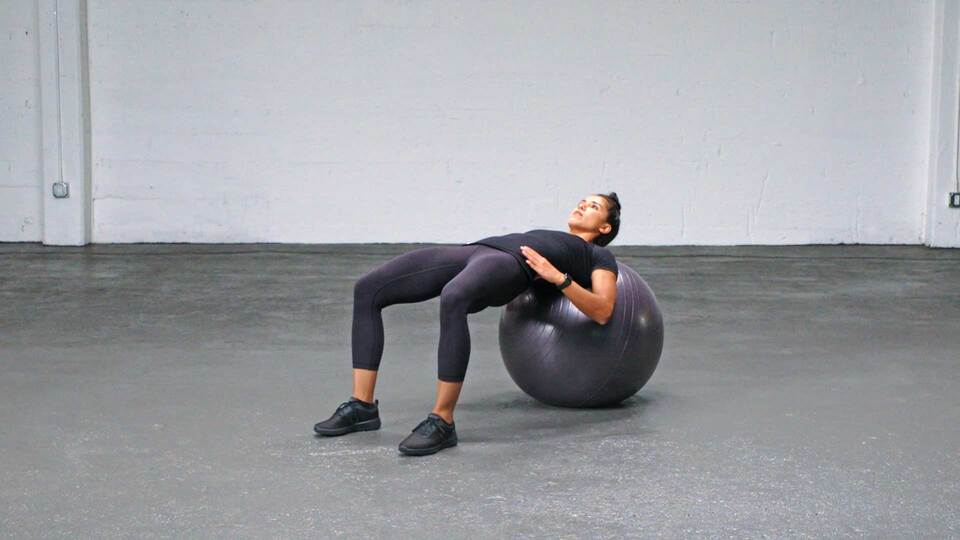For anyone new to fitness, the idea of lifting weights or building strength can feel intimidating—especially at the gym. Fortunately, strength training at home is not only possible but incredibly effective for beginners. You don’t need fancy machines or an entire rack of weights. All you need is a smart routine, consistency, and a little bit of space to get started.
Why Start Strength Training at Home?
Starting your strength journey at home offers freedom and flexibility. You control the pace, schedule, and environment—no waiting for equipment, no monthly fees, and zero pressure from others around you. More importantly, strength training at home helps you build muscle, improve bone density, and boost metabolism using simple equipment like resistance bands, dumbbells, or even bodyweight.
Getting Started: What You’ll Need
You don’t need a home gym setup to begin. Start with:
-
A yoga mat or towel for floor work
-
A pair of light to medium dumbbells (or resistance bands)
-
A chair or bench for support
-
Comfortable workout clothes and shoes
Optional, but helpful:
-
A resistance band set
-
A stability ball
-
A mirror for form correction
Core Principles for Beginner Resistance Training at Home
-
Progressive Overload: Start light and increase the resistance gradually. For example, if you begin with bodyweight squats, add dumbbells once it feels easy.
-
Form First: Perfect your form before increasing weight. Poor form leads to injury and slows progress.
-
Consistency Over Intensity: Training three times a week consistently is better than overdoing it once a week.
Sample At-Home Strength Training Routine for Beginners
This routine targets all major muscle groups and uses minimal equipment. Do it 2–3 times per week, resting at least one day between sessions.
Warm-Up (5 minutes)
-
March in place: 1 minute
-
Arm circles: 30 seconds forward, 30 seconds backward
-
Bodyweight squats: 1 minute
-
Hip circles: 1 minute
-
Jumping jacks (or modified): 1 minute
Workout (2–3 rounds)
-
Bodyweight Squats – 12 reps
-
Wall Push-Ups or Incline Push-Ups – 10–12 reps
-
Glute Bridges – 12 reps
-
Bent-Over Rows with Dumbbells or Water Bottles – 12 reps
-
Standing Overhead Press – 10 reps
-
Bird Dogs – 10 reps per side
-
Plank Hold – 20–30 seconds
Rest 30–60 seconds between exercises.
Cool Down (5 minutes)
-
Forward fold stretch
-
Cat-cow stretch
-
Hip flexor stretch
-
Shoulder and triceps stretch
-
Deep breathing for 1 minute
How It Worked for Me
I still remember when I began resistance training in my tiny apartment living room. With no equipment other than a resistance band and a pair of second-hand dumbbells, I committed to three 30-minute workouts a week. Within a month, I felt stronger doing daily tasks like lifting groceries or climbing stairs. Most importantly, I developed a new sense of confidence—both in my body and in my ability to follow through.
It wasn’t about lifting heavy or seeing drastic changes fast. It was about showing up consistently, listening to my body, and celebrating small milestones—like finally doing a full set of push-ups without stopping.
Tips for Staying Consistent
-
Set a schedule: Treat it like an appointment.
-
Track your progress: Write down your reps, sets, or how the workout felt.
-
Keep it simple: You don’t need to switch things up every week.
-
Listen to your body: Rest if you're sore or tired.
-
Celebrate wins: Small improvements matter.
Final Thoughts
At-home strength training for beginners is one of the most empowering ways to take control of your fitness. Whether your goal is to feel stronger, improve posture, or just get moving, starting small is the key. With a bit of guidance and regular practice, your living room can become your personal training ground for strength and self-improvement.















































Leave a comment
This site is protected by hCaptcha and the hCaptcha Privacy Policy and Terms of Service apply.